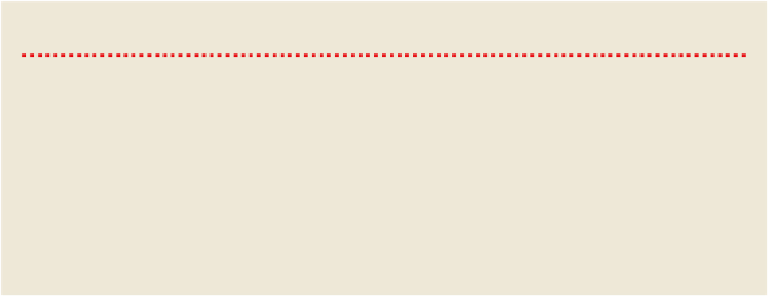Travel Reference
In-Depth Information
Religion
Christianity has been a pivotal force in shaping Portugal's history, and religion still
plays an important role in the lives of its people. Churches and cathedrals are
sprinkled about every town and city across the country, and Portugal's biggest celeb-
rations revolve around religious events, with a packed calendar of colourful parades
and concerts held on important feast days. Portugal is also home to a number of pil-
grimage sites, the most important of which, Fátima, attracts several million pilgrims
each year.
LIFE UNDER MUSLIM RULE
The Moors ruled southern Portugal for almost 400 years, and some scholars describe that time as a golden age. The
Arabs introduced irrigation, previously unknown in Europe. Two Egyptian agronomists came to Iberia in the 10th
century and wrote manuals on land management, animal husbandry, plant and crop cultivation and irrigation
designs. They introduced bananas, rice, coconuts, maize and sugar cane. They also encouraged small-scale cooper-
atives - in olive-oil and wine production, and food markets - which are still embraced in many parts of Portugal.
The Moors opened schools and set about campaigns to achieve mass literacy (in Arabic, of course), as well as
the teaching of mathematics, geography and history. Medicine reached new levels of sophistication. There was also
a degree of religious tolerance that evaporated when the Christian crusaders came to power. Much to the chagrin of
Christian slave owners, slavery was not permitted in the Islamic kingdom - making it a refuge for runaway slaves.
Muslims, Christians and Jews all peacefully coexisted - at times even collaborated together, creating one of the
most scientifically and artistically advanced societies the world had ever known up until that time.

